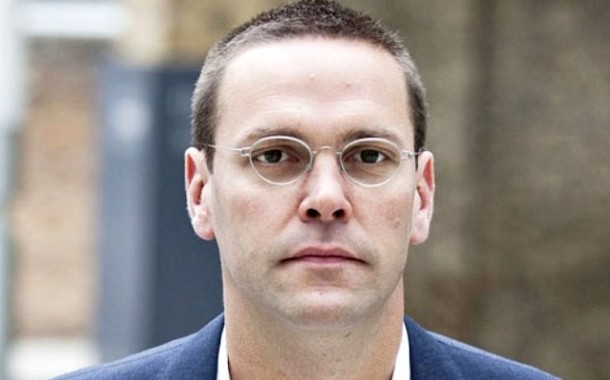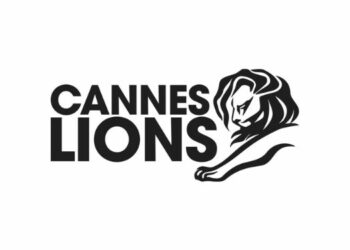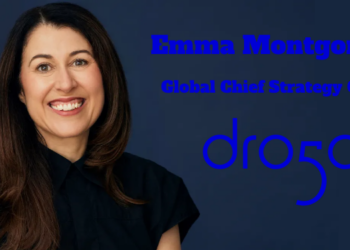Twenty-First Century Fox, Inc. has conducted a Conference Call on Q3 2016 Earnings on 4th May 4, 2016 in presence of its Top Executives Reed Nolte – EVP Investor Relations, Lachlan K. Murdoch – Executive Chairman, James Murdoch – CEO, John P. Nallen – Senior EVP and CFO that answered the questions from world’s top finance analysts.
While openly briefing the analysts and also when answering few questions on Investments in India. James Murdoch revealed the strategy behind such investments and updated the status of ROI on such Investments with main focus on their Investments in Sports Business and the OTT platform Hotstar.
When he was asked to update on the investment on additional sports right on some over-the-top applications
James stated that “yes, we have been investing as you all know in the Indian business, but the sports investment in particular and in the digital investment with Hotstar and we will continue to do so. That said, the peak investment year is really behind us and actually this fiscal year in 2016 you will see it will have been strong growth for Star overall over the last year and we expect that to continue”.
“We’re extremely pleased with how the sports investments is going particularly with Kabaddi and Cricket the two kind of biggest there. Kabaddi is a new sport that’s growing very well, we will be investing in expanding that season and growing that sport, but also on monetization of Cricket rights is actually getting much, much stronger as well for a variety of reason”.
“So I think we are happy with how that investment has gone and in the Hotstar side and digital it’s 60 million plus downloads of the app and increasing consumption of pretty substantial length. These aren’t really short film videos people are watching soaps, they are watching dramas, they are watching sports and we think it’s a very, very exciting new platform for us”.
“So we are pleased with the investment and how it’s gone and going forward. We are very confident that the growth in terms of EBITDA from the Star business will be in line with the target that we’ve laid out in the past, which is getting towards the $0.5 billion of EBITDA within a few years in 2018 and towards a $1 billion were on the end of the decade”.
When another Analyst asked him for his thoughts on Star India’s need in terms of incremental rights over the next couple of years in a scenario where some sports rights deals like IPL rights that are coming up in 2018
James Murdoch said that “With respect to India, I don’t think were really focused at this point on incremental rights, but in all of our sports businesses, not just Indian we always seek a balance and we have to see when new rights come available. How do they fit, how can they would be monetized or other rights things that you would give up to pay for those and you have to create a balance of investment there that you think is delivering the right value for customers and the right value for the distributor.
So I certainly don’t think given the performance of the business, there is any necessity you have incremental rights on top of where we are today, but from time-to-time we may invest in new rights and let other rights go or find ways to monetize new rights, so that it’s not necessarily an incremental investment. But we love the sports business, the cricket business is strong as I mentioned earlier, from a monetization point of view it’s very strong right now for Star and it’s a sport that we’re obviously very committed to.
While answering a query on the peaking total sports cost to Star India
James Murdoch said “The total sports investments for us in terms of the investment losses in establishing the sports business have peaked, whether or not the total cost base of sports over the long-term that’s a really question of what is the size of revenue as well. So I think I would say that the investment losses that in creating the sports business has peaked and we’re seeing the business move towards profitability.
When James was asked on Hotstar and his bigger picture ambitions for it, particularly with differentiation versus some of the other OTT products in India that are driven by TV shows and films and how Netflix’s entrance into the market affects the competitive dynamics for Hotstar
He stated “Well first of all I think the Hotstar business – it’s an exciting business because it’s really broad based, so we already do include sports in the Hotstar business, but not live, it’s on a delayed basis. So the premium sports often would be coming later this year and we think it’s going to be attractive. But the peaks in usage come not just from sports, but also from the availability of new scripted series as well. So as you are seeing pretty broad based usage across that and something that’s pretty encouraging and reasonably long session times.
The key issue in India around that over-the-top services mobile video in particular is really to tariff structure you know and media to tariff pay in terms of data from the Telco. So a lot of the consumption is bigger on Wi-Fi when people are at home or an internet café et cetera and until we can get – until you get larger data caps or flat pricing et cetera. I think that’s going to continue to be a dynamic and that does put a constraint on pricing that’s why the core business in Hotstar is free is just its just so many people can download and use, because it becomes quite expensive given the data tariffs.
And then with respect to the premium subscription service that we just launched, I think it is more square in competitive dynamic with the Netflix which just launched their et cetera, which you can view that we wanted to have at attractive price for people, so it’s price underneath where some of the other competitors are. But with some of the best premium international television in the world for example from HBO, from FX, from places like that. so it’s a really attractive service, but it’s too early to comment on what scale it’s going to be, what we think the growth is, we really just launched it a few weeks ago, so it’s the premium server.

















